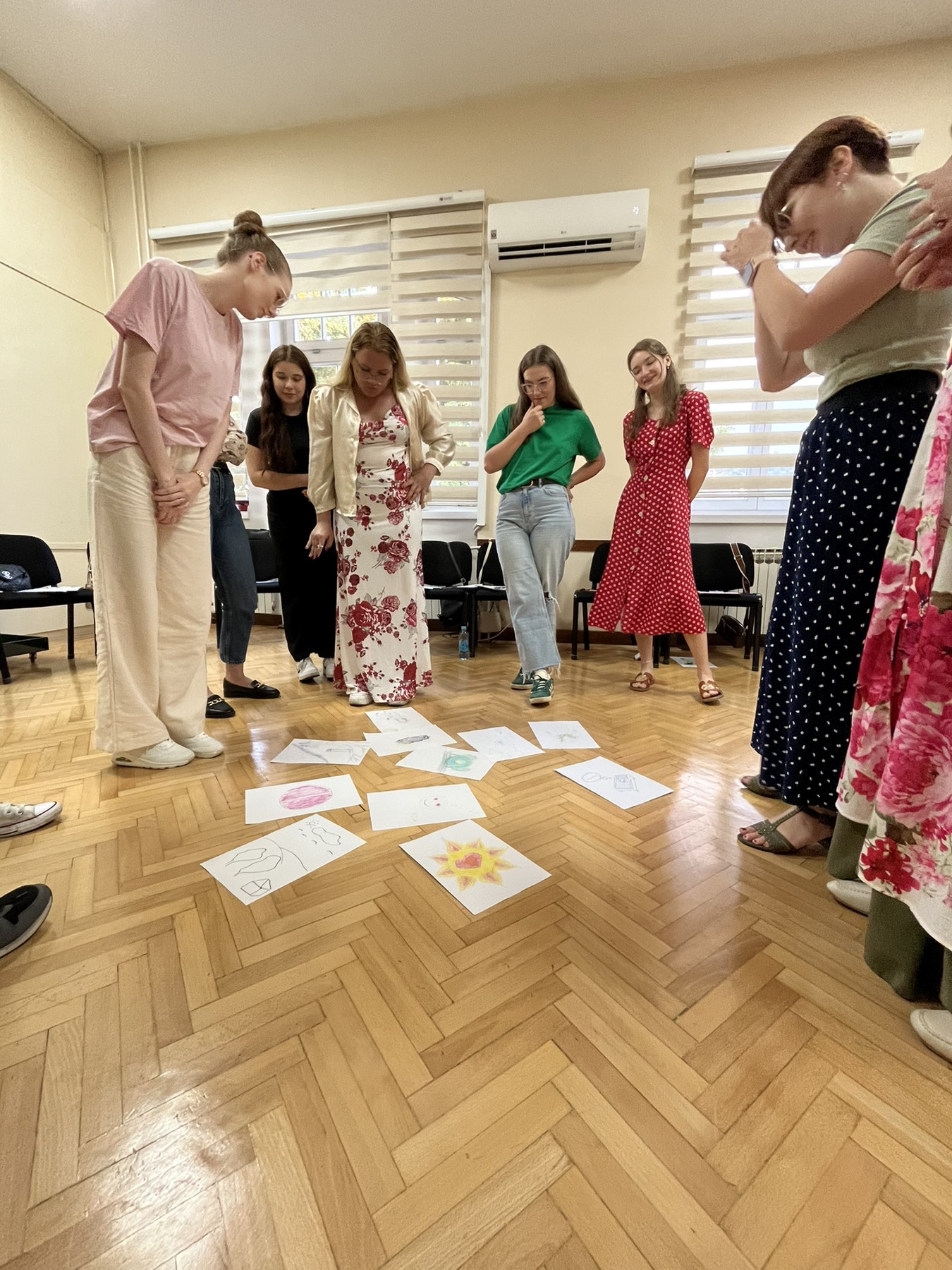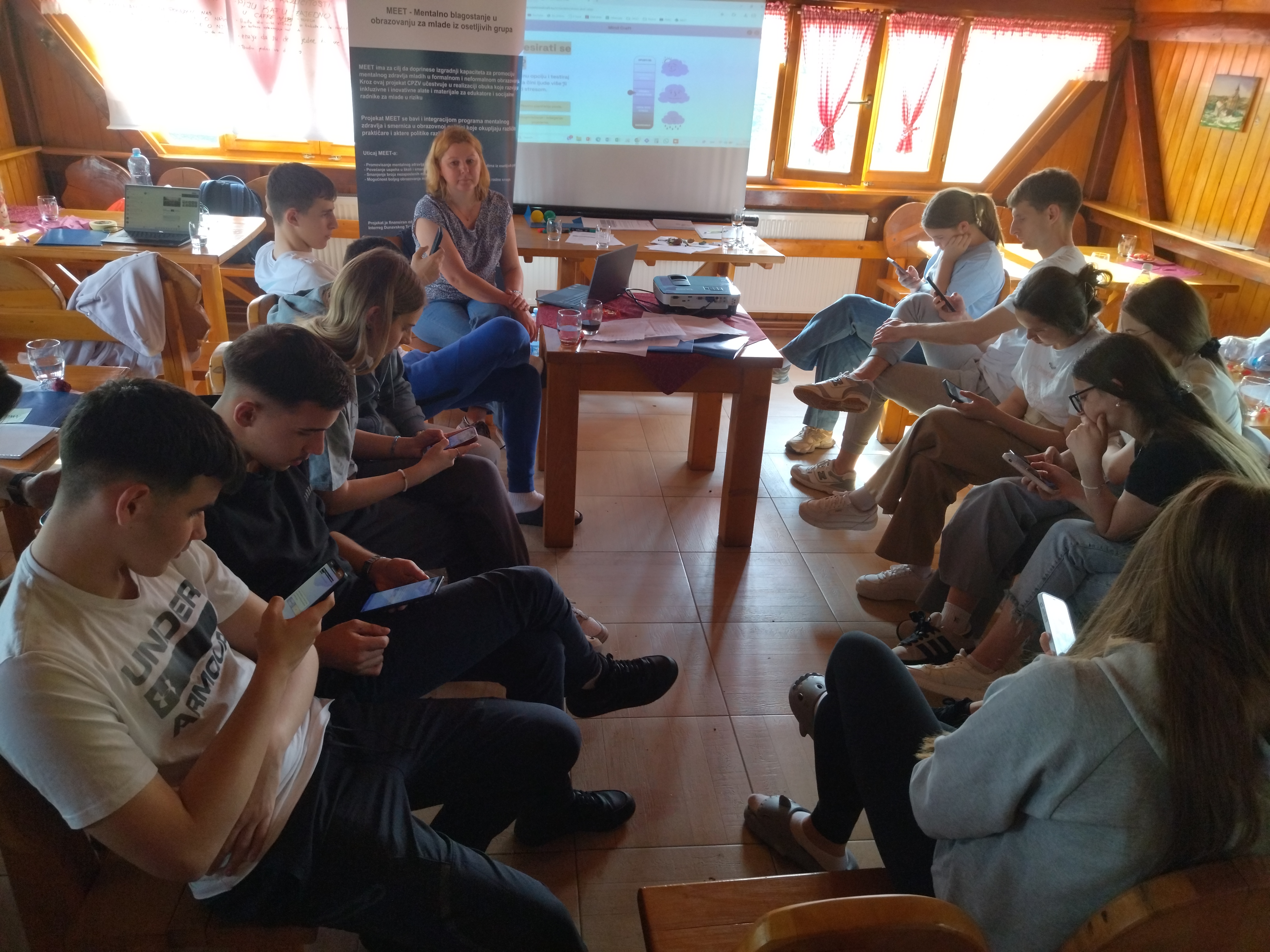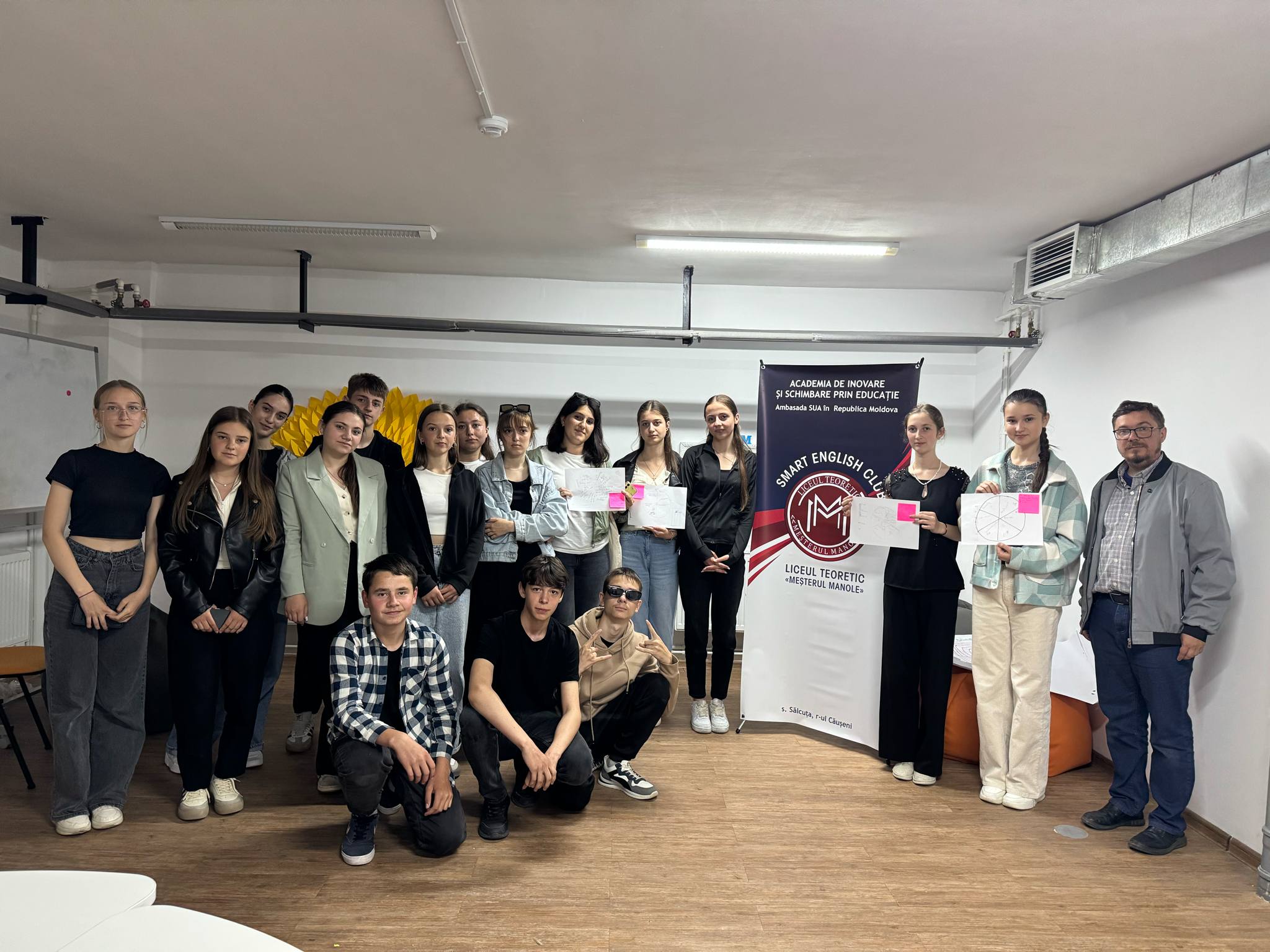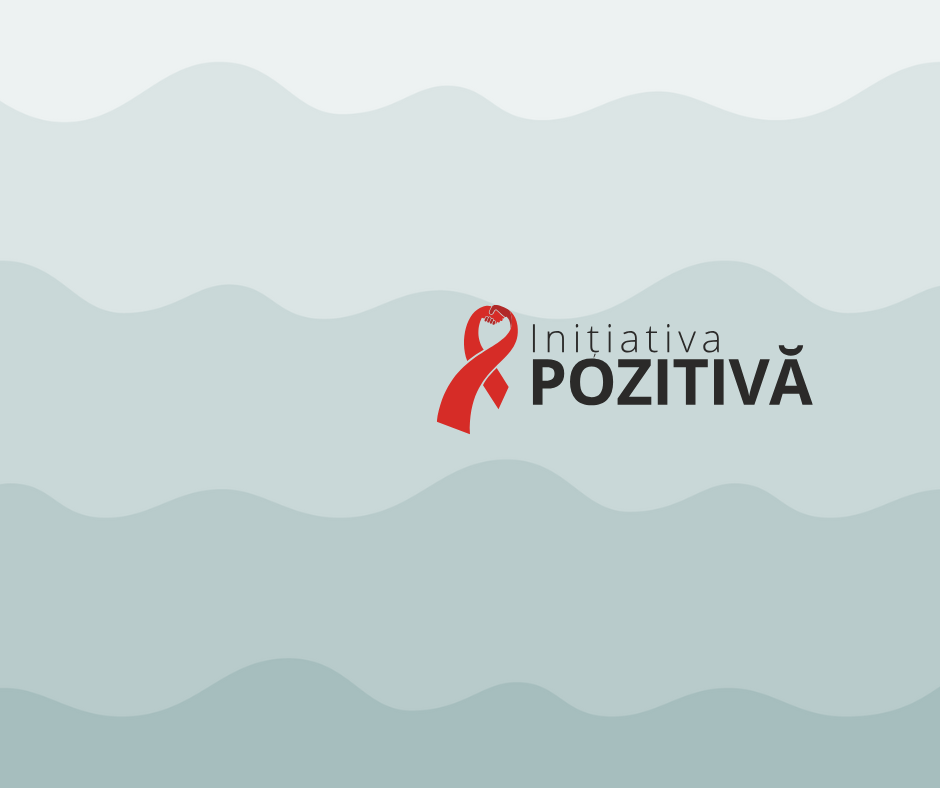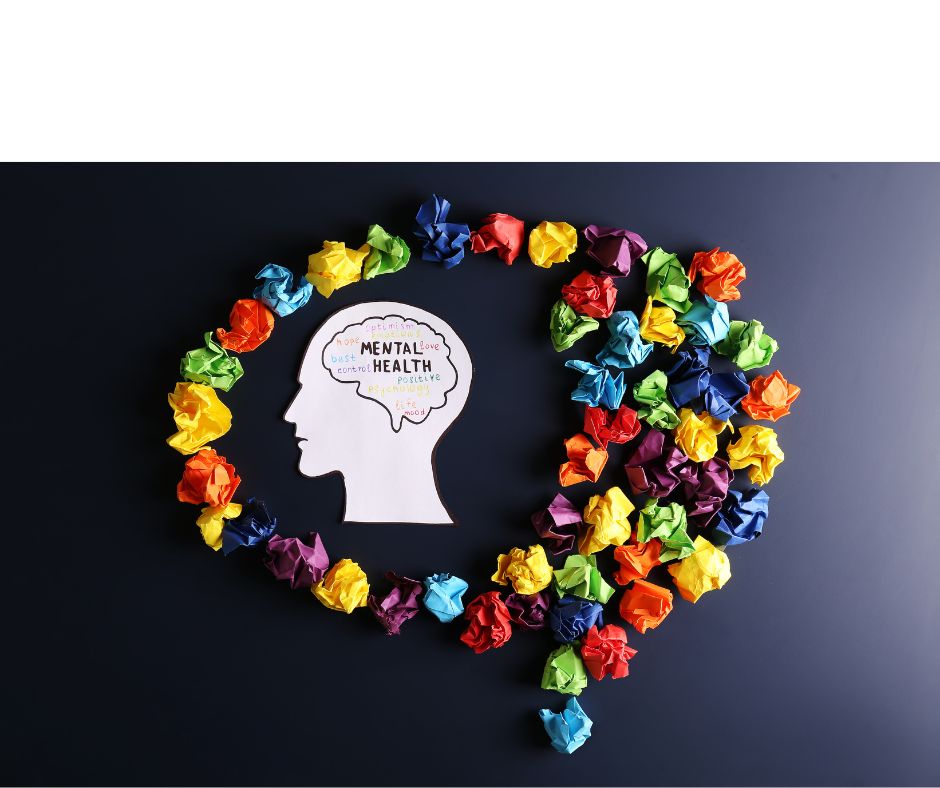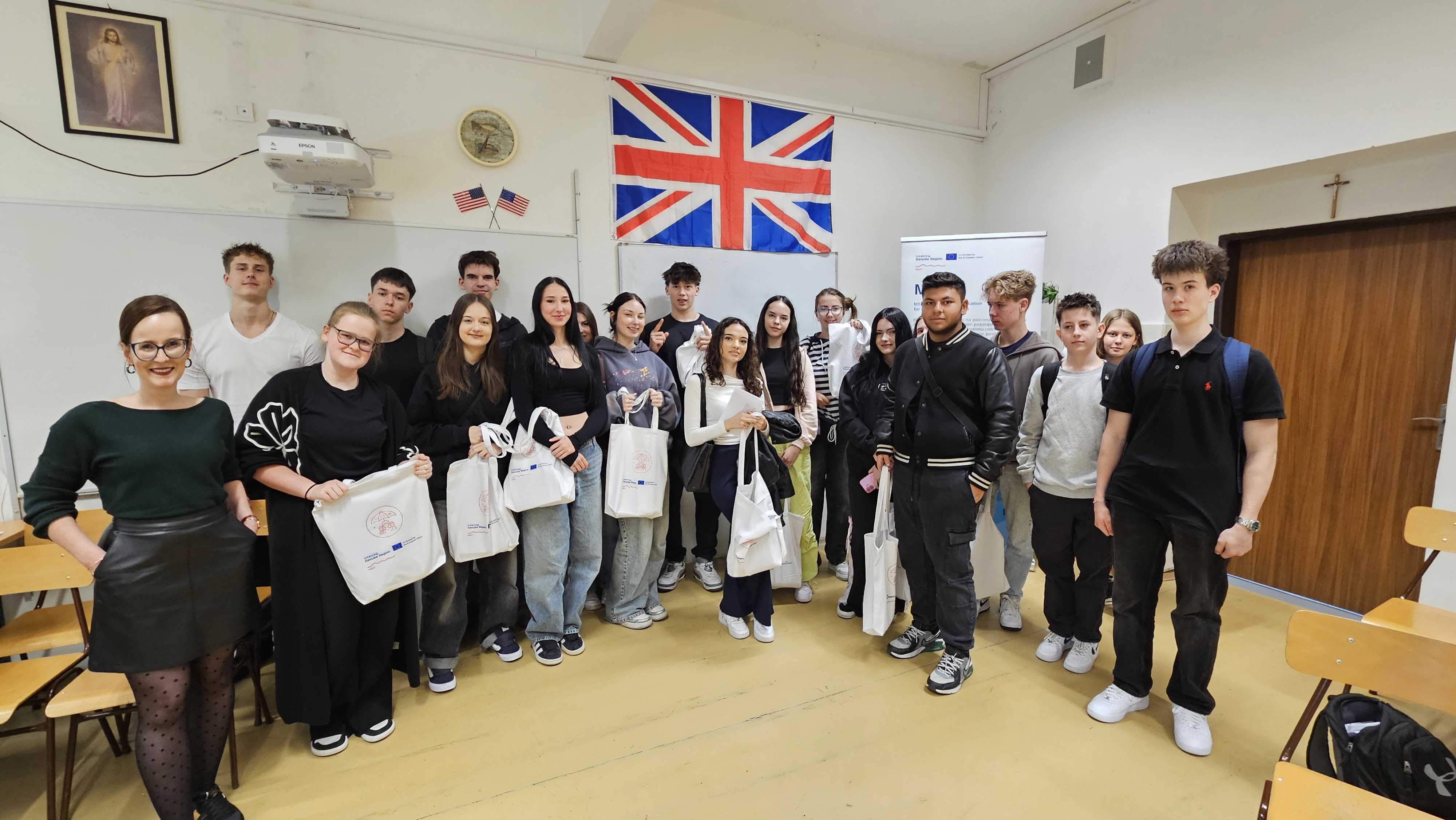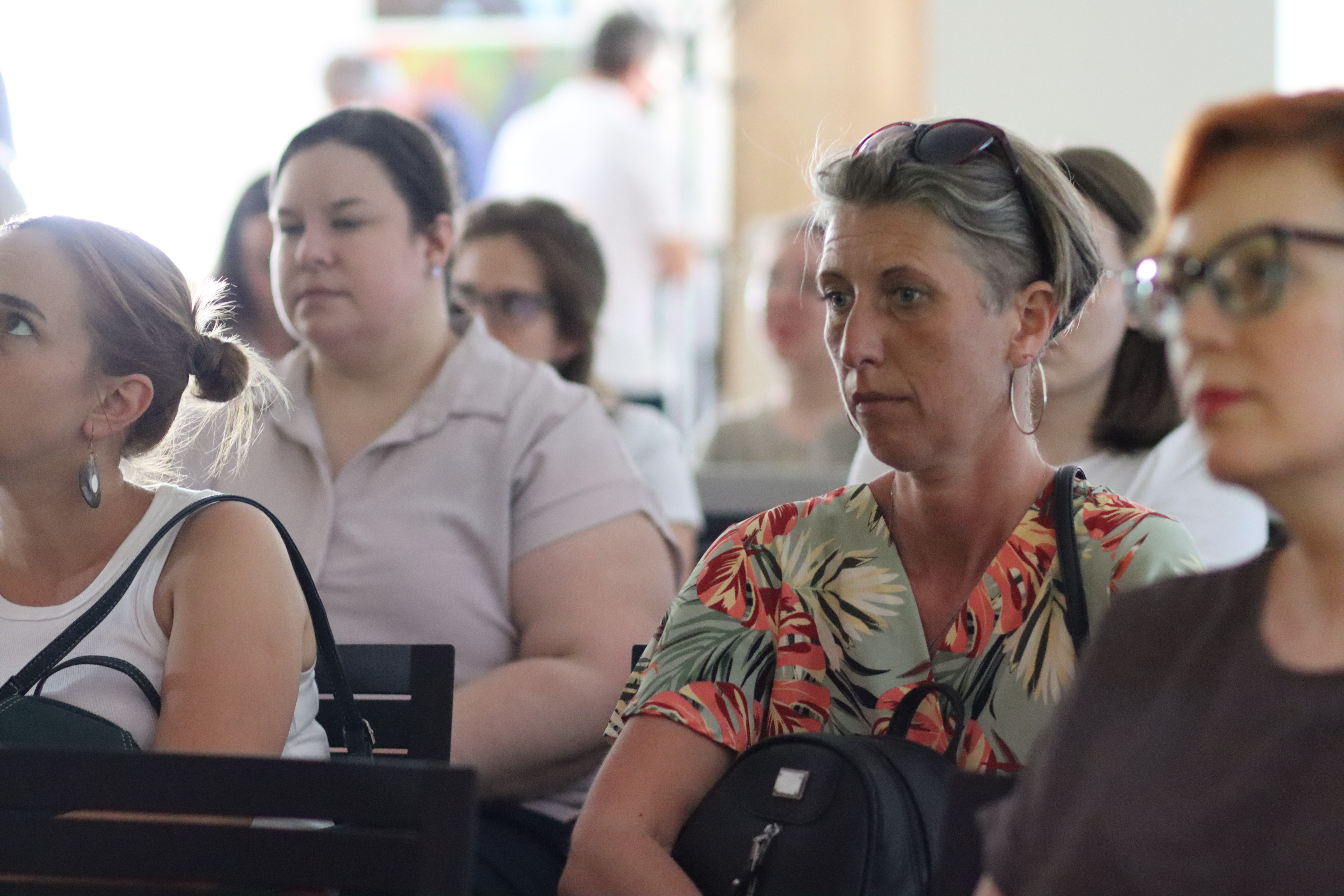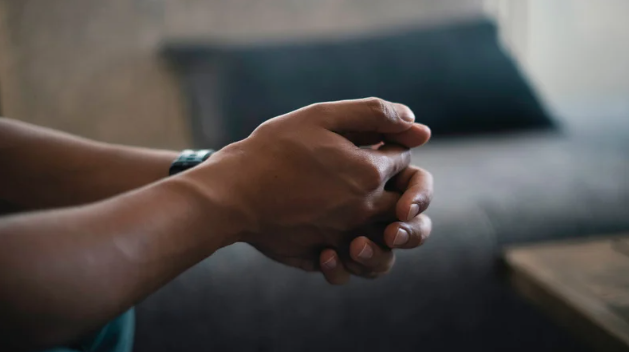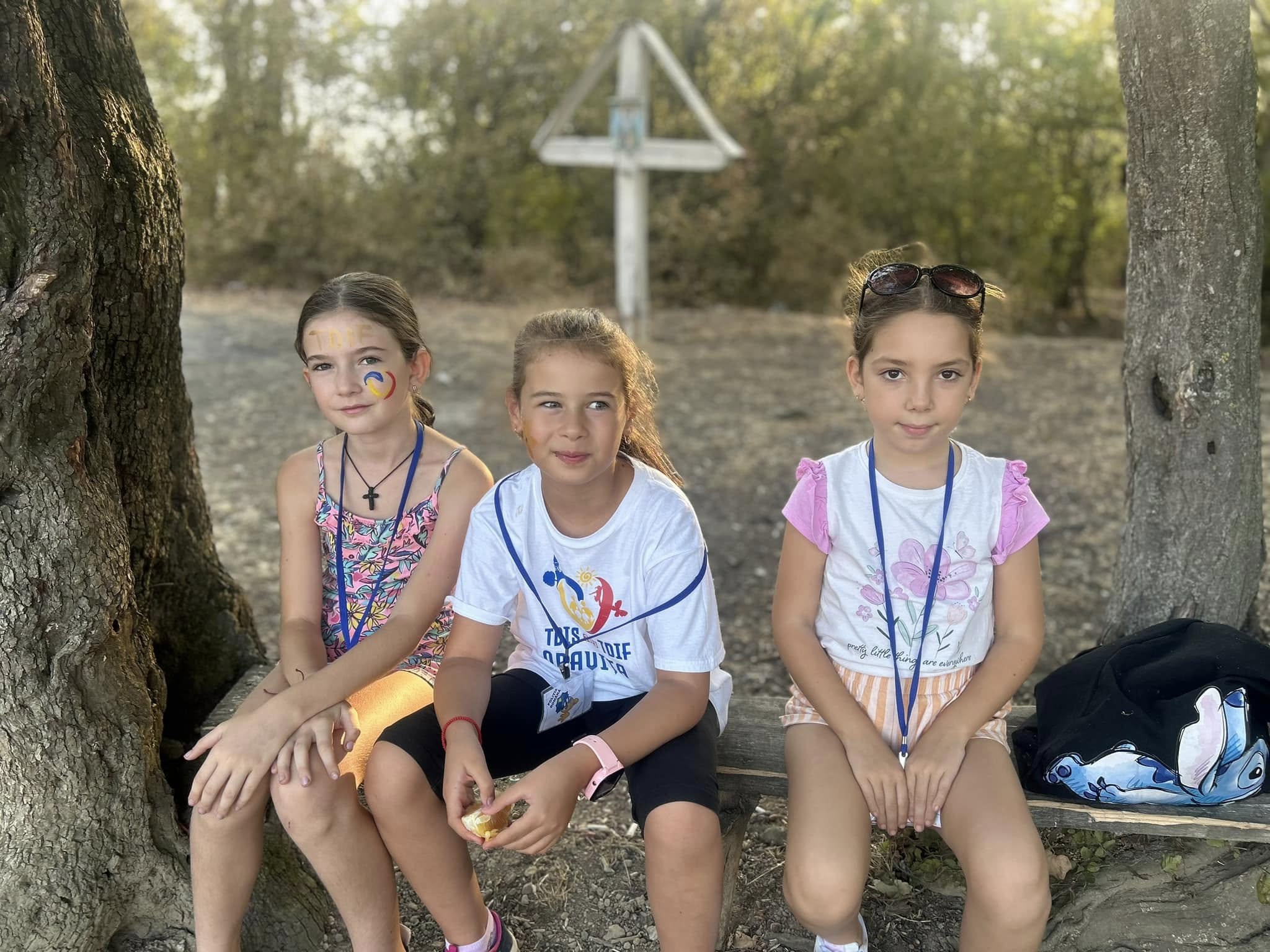
Best practice interview: Camp from the Heart of the Village/Family, Romania
Interview with Anita RadicsThe "Tabăra din Inima Satului" (Camp from the Heart of the Village) and its counterpart, "Tabăra din Inima Familiei" (Camp from the Heart of the Family), are two impactful programs organized by ATOR (The Association of Romanian Orthodox Youth). These camps aim to nurture the spiritual, personal, and social development of children and youth while fostering connections within their communities.
The "Tabăra din Inima Satului" focuses on engaging young people from rural areas, offering a blend of educational, spiritual, and recreational activities. Held in the heart of Romanian villages, the camp emphasizes traditional values, teamwork, and personal growth. Participants enjoy workshops, cultural events, interactive games, and moments of spiritual reflection, guided by volunteers, educators, and clergy. The program inspires a love for cultural heritage and Orthodox faith while addressing the unique needs of rural youth.
In contrast, the "Tabăra din Inima Familiei" takes place in small urban areas and targets young people and families in these communities. This initiative provides similar activities but also incorporates themes of family bonding and urban community challenges. It promotes the importance of family as the cornerstone of personal and societal development. Participants engage in tailored workshops, creative sessions, and discussions that strengthen family ties and encourage collaboration between generations.
Both camps share the mission of offering a safe, enriching environment where participants can build confidence, foster meaningful relationships, and develop a sense of belonging. They are vital programs that bring joy, growth, and inspiration to both villages and small cities, embodying the spirit of togetherness and faith.
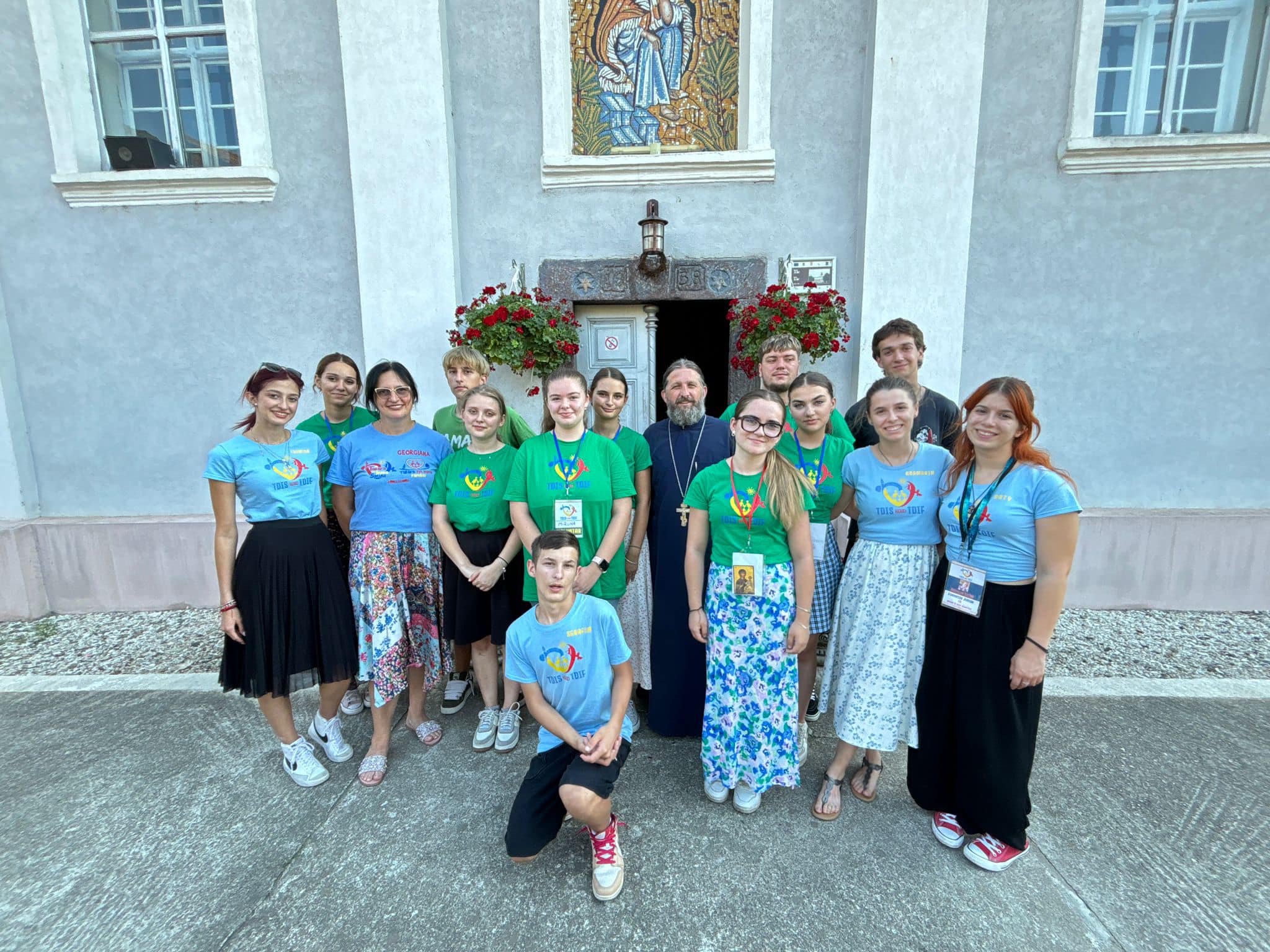
What do you think are the key elements or principles that make your practice successful? How do you ensure it remains relevant and impactful for youth?
One of the key elements of our success is our dedicated team of approximately 130 volunteers, aged 14-25, from across the county, who engage annually in the camps. These young volunteers prepare throughout the year to support activities for children and youth in the communities where the camps take place. They participate in training sessions and practical workshops led by experienced volunteers, ensuring they are well-equipped to deliver impactful programs. Our volunteers are part of our representative youth association, ATOR Banatul de Munte, which not only organizes these camps but also offers year-round opportunities for involvement, volunteering, and personal development. Each year, many participants from the summer camps join our association and eventually become volunteers themselves. This cycle of growth and commitment strengthens the program and ensures it remains dynamic and relevant to the needs of today’s youth. In addition, our integration of traditional values, modern educational approaches, and spiritual guidance creates a balanced and enriching experience. By fostering community connections and actively listening to participants’ needs, we ensure the program continues to inspire and positively impact lives.
What were some of the biggest challenges that were faced in developing, running or engaging youth with this practice? How did you overcome them?
One of the biggest challenges was connecting with young people who had never participated in activities outside of school, especially those who were hesitant to interact with people from outside their communities. It was initially difficult to build trust and break through these barriers. However, through patience, understanding, and consistent efforts, we gradually connected with them and managed to change their hearts. Another challenge was ensuring we had enough trained volunteers and resources to run the camps effectively. By developing a strong team of approximately 130 volunteers who train year-round through theoretical and practical workshops, we addressed this issue. These volunteers are not only well-prepared to engage participants but also serve as relatable role models, inspiring youth to overcome their fears and embrace new experiences. Over time, many participants from the camps have joined our association, creating a cycle of trust and growth that strengthens the program year after year.
Could you please share a success story or impactful moment from your work that illustrates the power of Tabara din Inima Satului?
One of the most touching experiences we’ve had was with a group of children from a community near Oravița, most of whom are in foster care. From the very beginning, we noticed their profound need for affection and connection. Through the activities and the personal attention we offered, we managed to form a deep bond with them, and they, in turn, grew close to us. By the end of the camp, many of them told us that we felt like the best brothers and sisters they could ever wish for. They expressed their heartfelt desire for us to return so we could spend more time together. These moments revealed the true mission of our camps: to bring hope, love, and a sense of belonging to disadvantaged children who need it most. Additionally, two young people from this community have since joined us as volunteers. They are now dedicated to bringing positive change to their own community and aspire to establish a youth center there. This center would serve as a safe and inspiring space for local children and youth, offering them opportunities for personal growth and connection. Their involvement highlights the lasting impact of our work and the potential for these camps to inspire leadership and hope in even the most challenging circumstances.
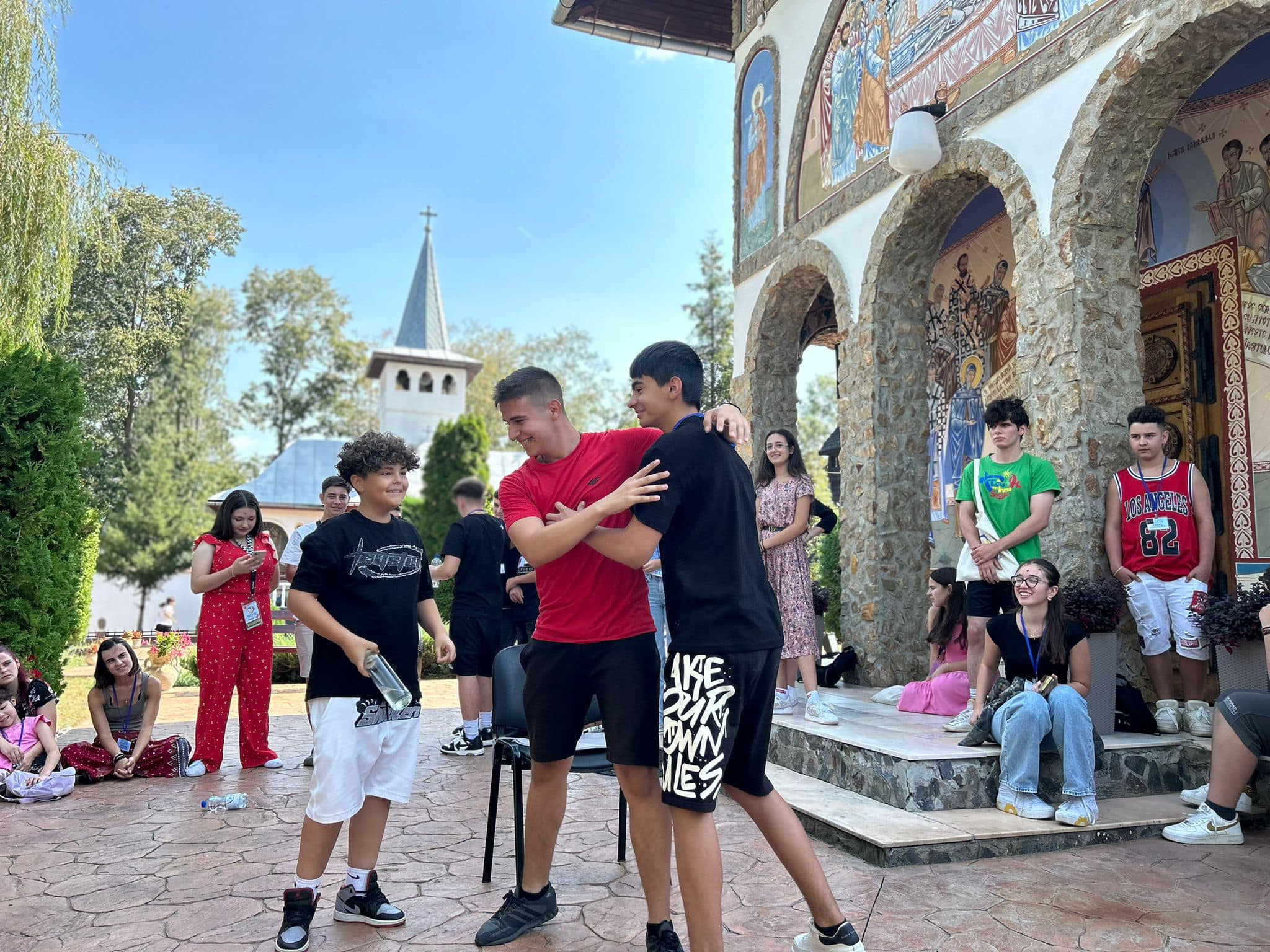
What have your experience and work with the Tabara din Inima Satului taught you is the most important thing for people working with youth to keep in mind when addressing mental health?
Our experience has shown us that today’s generation of young people faces unique and complex challenges, including anxiety, feelings of abandonment, excessive reliance on the internet, isolation, the risk of substance abuse, toxic relationships, and a difficulty in forming real-life social connections. Additionally, many young people struggle with heightened emotional sensitivity, which can make them feel overwhelmed or misunderstood. The most important thing for anyone working with youth is to create a safe, supportive environment where they feel seen, heard, and valued. Empathy and genuine connection are crucial. It’s important to help them step out of their isolation and into meaningful, face-to-face interactions that foster trust and confidence. Engaging them in activities that promote teamwork, self-expression, and problem-solving can give them the tools to navigate life’s challenges. We’ve also learned that addressing these issues requires patience and consistency. Building relationships and helping young people rediscover the joy of human connection takes time, but the transformation we witness—when they begin to open up and trust—is deeply rewarding and reinforces the power of authentic, compassionate guidance.
If you had a magic wand and there was one change you could make globally today to improve youth mental health, what would it be?
If I had a magic wand, I would create a global system that places the emotional and personal development of young people at its core, especially for those who are disadvantaged. I would ensure that every young person has access to special attention and opportunities for growth through programs focused on volunteering, personal validation, career and life guidance, and regular counseling sessions for those who cannot afford them but deeply need support. I would also address the practical barriers many young people face when trying to participate in enriching activities. This would include providing basic necessities like clothing, meals, transportation, pocket money, and ensuring they feel supported both at home and within their communities. Through these efforts, youth would not only receive the tools and resources to overcome mental health challenges like anxiety, isolation, and insecurity but also discover a sense of purpose and belonging. This vision would empower them to build confidence, foster resilience, and create brighter futures for themselves, regardless of their starting point in life.
What message or piece of advice would you give to young people about maintaining good mental health based on your experience?
My advice to young people would be to always strive for balance and wisdom in their choices. Life is full of opportunities and challenges, and it’s crucial to make decisions that are thoughtful and aligned with your values. I encourage you to identify a trusted, mature person—someone who has experience and wisdom—who can guide you and help you calibrate your choices. Good decisions, especially regarding mental health and personal well-being, often need the support and perspective of others. Once a choice is made, it can be difficult to undo, so it’s important to make choices that are healthy and well-informed from the start. At the same time, stay open to the opportunities that come your way. God always opens doors for us, even if they seem small or insignificant at first. Be diligent and aware of the blessings around you, and embrace those opportunities with gratitude and effort. Finally, remember that maintaining good mental health isn’t just about taking care of yourself—it's about giving back to your community. As you receive support and guidance, look for ways to help others who are in need. By helping those around you, especially those who may be struggling, you not only improve their lives but also strengthen the bonds within your community. This sense of interconnectedness and service is crucial for building a healthy, thriving environment for all.
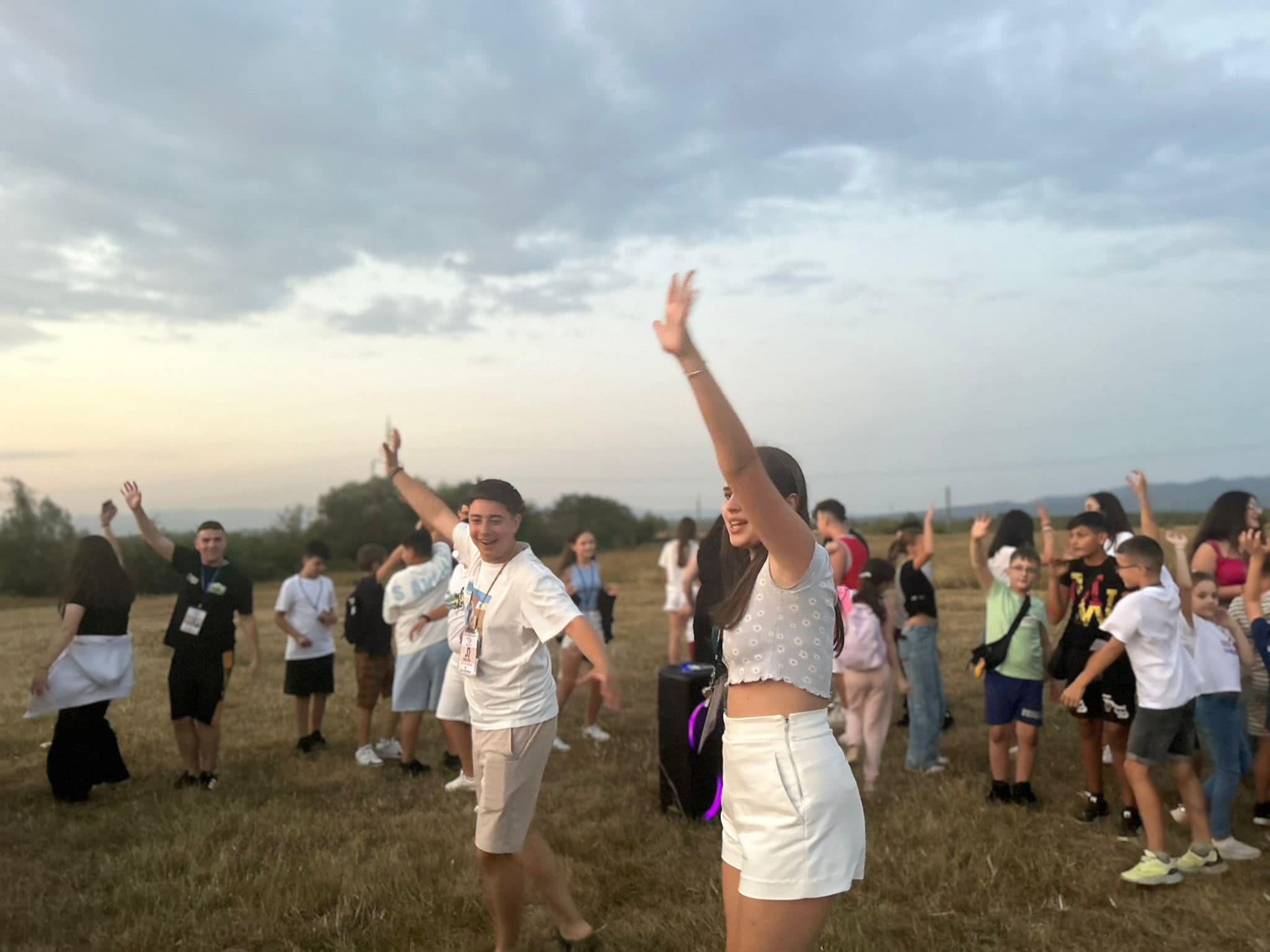
News & Events
Read the most recent updates and explore the upcoming events.


